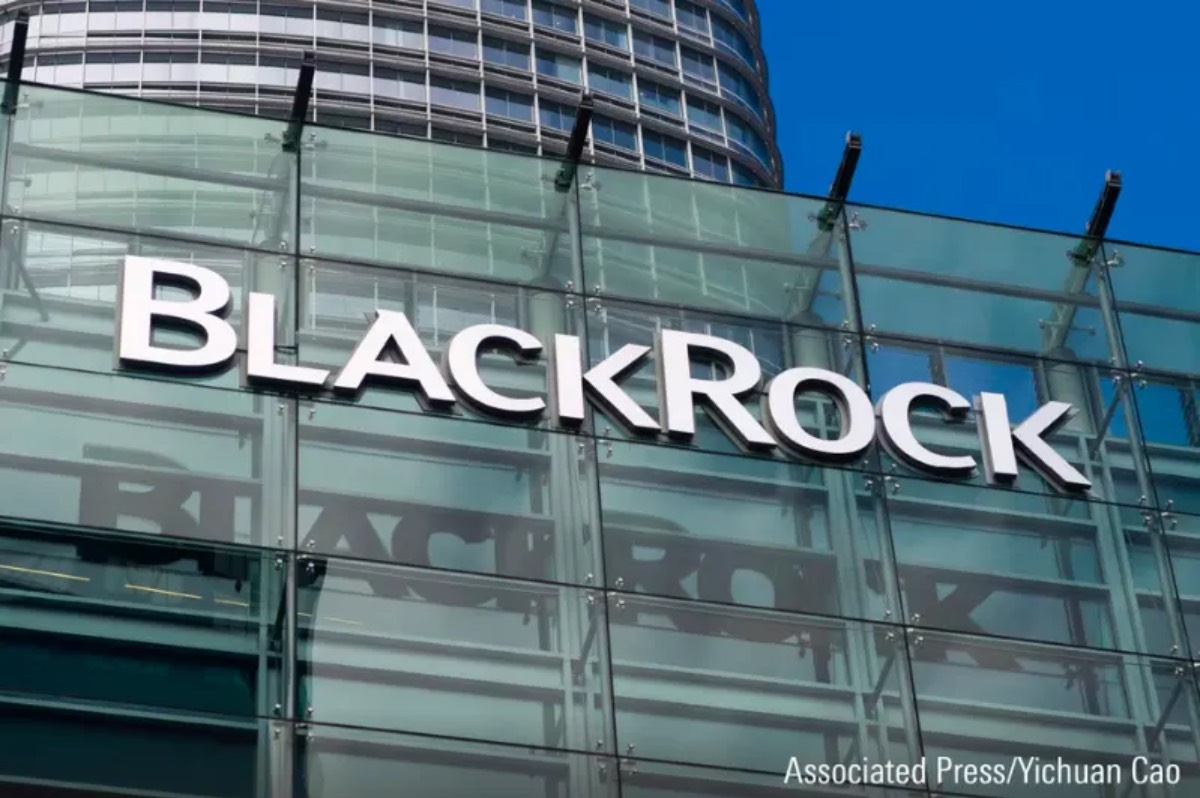Key financial trends of the month (September 2023)

In this month's roundup of the latest economic, business, and financial news, scam cases continue to claim victims, economists slash growth expectations, and a new climate action ETF is launched.
Despite widespread reporting, scam cases in Singapore continue to rise. This disturbing trend was highlighted in recent news reports, and total losses for the first half of 2023 has already exceeded $330 million.
Worryingly, scam victims have been trending younger, not older. Young adults aged 20 to 39 made up more than half of all scam cases reported this year. They mostly fell victim to e-commerce scams, job scams and phishing scams - mainly conducted over digital messaging, social media platforms, e-commerce, phone calls and SMSes.
The occurrences of online scams and cybercrimes are intensifying. There were a total of 24,525 cases in the first half of 2023, up from 14,481 cases in the same period in 2022 - an increase of 70 per cent.
The police also highlighted the emergence of a new type of Android malware scam, in which victims are tricked into downloading and installing malicious software which allows scammers to take control of their mobile phones.
The victims' bank accounts are drained of funds without their knowledge. Notably, this type of scams have been linked to seemingly innocuous offers for groceries and food items, including mooncakes. A recent report highlighted how mooncake buyers lost over $300,000 this way.

Clearly, scammers are never going to stop looking for victims. They are also constantly looking for new and tricker ways to defraud you of your money. Despite the best efforts of the authorities, alarmingly large sums continue to be lost to scammers.
Thus, the onus is on consumers like us to be extra careful and vigilant when dealing with parties online. This involves learning how scammers and their schemes operate so we can better spot a scam coming our way.
You should also instil some useful habits. For instance, never download anything from unknown or dubious third parties. Consider installing a cybersecurity suite on your mobile phone and devices connected to the Internet to help intercept malware and other cyber attacks.
Additionally, make it a point to only transact on proven e-commerce platforms with robust consumer or fraud protection. That way, you have an added layer of protection when shopping online.
Also, simply ignore any unsolicited instant messages and social media invites from strangers. This will weed out the vast majority of such scams from reaching you.

Private sector expectations for Singapore's economy have dimmed, with growth expectations revised to one per cent for 2023. This is an appreciable decline from the 1.4 per cent projected earlier in June.
This gloomy sentiment was revealed after a survey by the Monetary Authority of Singapore (MAS) involving 22 economists and analysts in total. The main reason cited for downside risk was a slowdown in the external growth environment. China's economic slowdown and continued inflationary pressures were also pointed out as contributing factors.
The one per cent growth estimate for Singapore's economy was in line with the Ministry of Trade and Industry's (MTI) forecast of 0.5 per cent to 1.5 per cent GDP growth for the year.
Analysts polled by MAS expect the manufacturing sector to contract by as much as 4.4 per cent, owing to weakened external demand. This is a much sharper decline than the 1.3 per cent contraction predicted previously.
While Singapore's manufacturing sector - a key growth driver - had been in contraction for about a year now, signs of recovery have been spotted, including smaller contractions recently.
Finally, private sector economists also expect inflation to remain elevated at 4.1 per cent for the year, with relief only coming in 2024, where inflation is expected to moderate to around 2.8 per cent.
The combination of high inflation and sluggish GDP growth is undoubtedly worrisome for the average Singaporean. Now more than ever, caution and nuance is advised when considering decisions that could have a large financial impact.
If unsure, it may be prudent to defer making any changes until more certainty prevails - unless you have the financial resources to cope with any unintended fallout.

The Singapore Exchange (SGX) has teamed up with investment firm BlackRock to launch a new exchange-traded fund (ETF) focused on climate action.
The $580 million fund - Singapore's largest equity ETF to date - aims to spur sustainable investing by tracking a selection of companies as they progress towards lowering their carbon footprints.
According to BlackRock, the companies selected for the ETF include the best-in-class companies across the Asia-Pacific (excluding Japan) committed to reducing carbon emissions. This, the investment house says, offers a credible avenue for retail investors to participate in the development of the global low-carbon transition investment ecosystem.
The ETF, named - iShares MSCI Asia ex-Japan Climate Action ETF (ticker symbol: ICM) - is anchored by Prudential, one of the region's largest asset owners, and backed by a consortium of investors including Temasek and Singlife.
The fund is tradeable in USD and SGD. It has a total expense ratio of 0.18 per cent.
Here's your chance to increase your portfolio holdings with a climate-focused ETF to fulfil your sustainable investing goals.
But before you rush to subscribe, note that at 0.18 per cent, this ETF has quite a costly management fee. You may want to wait a while to see if the fund's performance justifies the expense ratio.
This article was first published in ValueChampion.